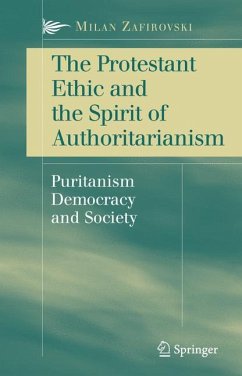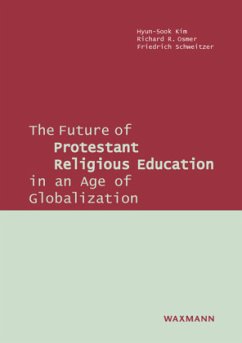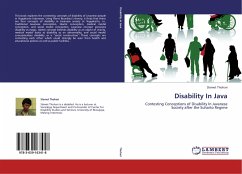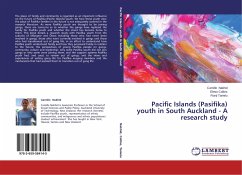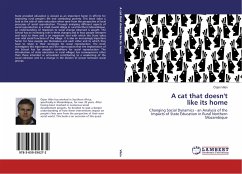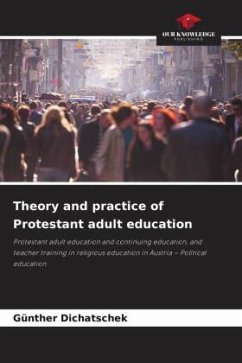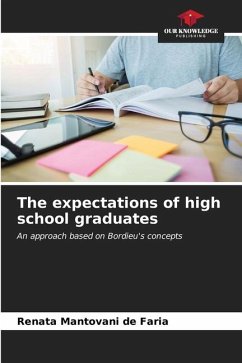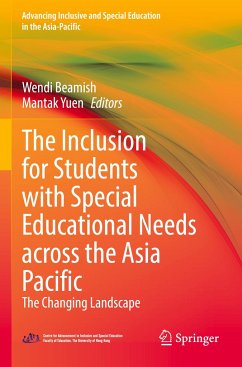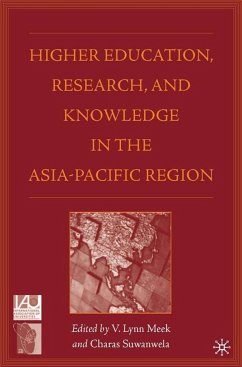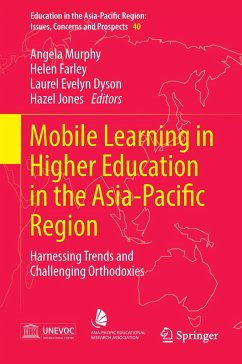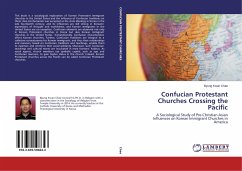
Confucian Protestant Churches Crossing the Pacific
A Sociological Study of Pre-Christian Asian Influences on Korean Immigrant Churches in America
Versandkostenfrei!
Versandfertig in 6-10 Tagen
32,99 €
inkl. MwSt.

PAYBACK Punkte
16 °P sammeln!
This book is a sociological exploration of Korean Protestant immigrant churches in the United States and the influence of Confucian traditions on them. Neo-Confucianism was accepted as the state ideology in Korea in the late fourteenth century, and its influences are still strong in Koreans expressions of thought and worldviews, and Korean immigrants in the United States are no exception. Confucian elements are observed not only in Korean Protestant churches in Korea but also Korean immigrant churches in the United States. Transnationally, Confucian characteristics affect Korean churches. Furt...
This book is a sociological exploration of Korean Protestant immigrant churches in the United States and the influence of Confucian traditions on them. Neo-Confucianism was accepted as the state ideology in Korea in the late fourteenth century, and its influences are still strong in Koreans expressions of thought and worldviews, and Korean immigrants in the United States are no exception. Confucian elements are observed not only in Korean Protestant churches in Korea but also Korean immigrant churches in the United States. Transnationally, Confucian characteristics affect Korean churches. Further, Confucian traditions are integral to a collective consciousness for Korean immigrants, and thus their relationships and manners, based on Confucian traditions and teachings, enable them to maintain and reinforce their social solidarity. Moreover, such Confucian teachings and cultural mores are inculcated in most Koreans habitus. As social agents, church members use symbolic capital, such as age and Confucian manners, to gain higher status in the church. Indeed, Korean Protestant churches across the Pacific can be called Confucian Protestant churches.



